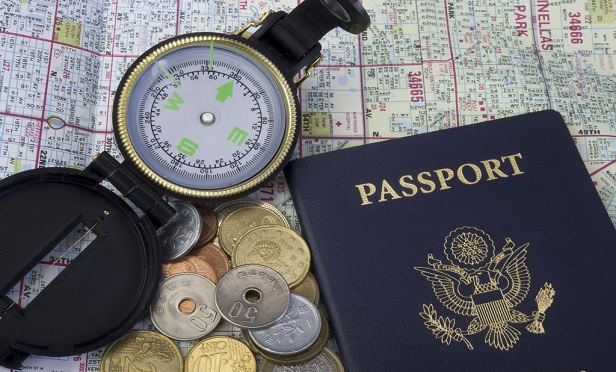 While global hot spots like Paris and Tokyo remain popular destinations, travelers are increasingly choosing off-the-beaten path destinations as their vacations of choice. (Photo: W. Scott/Fotolia)
While global hot spots like Paris and Tokyo remain popular destinations, travelers are increasingly choosing off-the-beaten path destinations as their vacations of choice. (Photo: W. Scott/Fotolia)
The most popular form of entertainment for high-net-worth clients is travel, especially after they stop working. No matter where they go, however, travel includes some element of risk. Although most associate that risk with violence, travelers are much more likely to run into exposures of their own making — whether it's an unexpected issue back home or unknowingly exposing personally identifiable information.
|Vacation hot spots
If your clients could go anywhere in the world, do you know where they would go? And how they would get there — by plane, tour bus or cruise ship?
According to AirBnB, global hot spots like Paris and Tokyo remain popular destinations, but travelers are increasingly choosing off-the-beaten path destinations as their vacations of choice. Some are traveling with well-established tour companies but others are venturing off on their own or with more local, less-well-known groups.
Recommended For You
Want to continue reading?
Become a Free PropertyCasualty360 Digital Reader
Your access to unlimited PropertyCasualty360 content isn’t changing.
Once you are an ALM digital member, you’ll receive:
- Breaking insurance news and analysis, on-site and via our newsletters and custom alerts
- Weekly Insurance Speak podcast featuring exclusive interviews with industry leaders
- Educational webcasts, white papers, and ebooks from industry thought leaders
- Critical converage of the employee benefits and financial advisory markets on our other ALM sites, BenefitsPRO and ThinkAdvisor
Already have an account? Sign In Now
© Touchpoint Markets, All Rights Reserved. Request academic re-use from www.copyright.com. All other uses, submit a request to [email protected]. For more inforrmation visit Asset & Logo Licensing.







